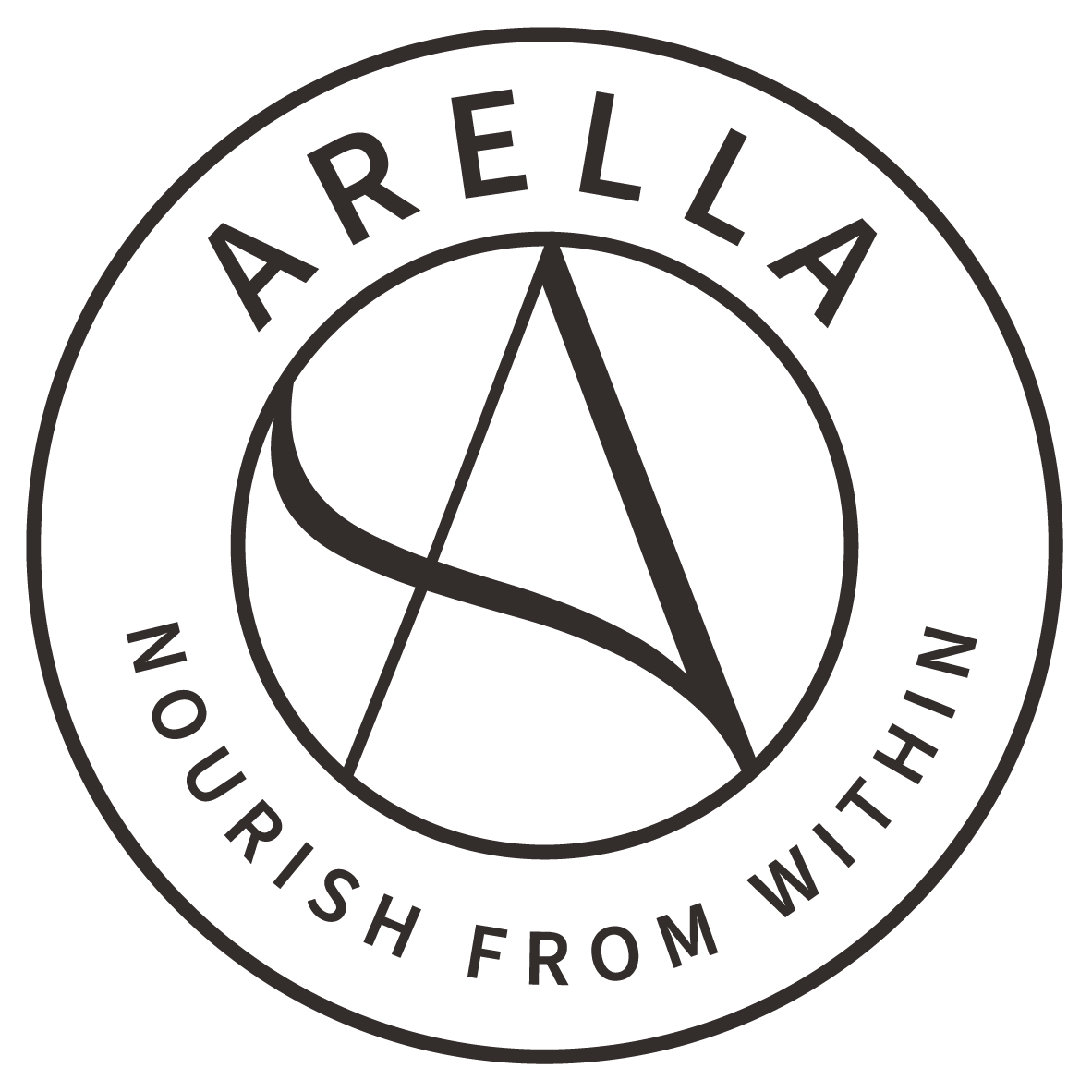October marks Menopause Awareness Month, a time dedicated to bringing visibility and understanding to something that half the population will go through, yet many still struggle to talk about openly.
For years, menopause has been treated as an issue to quietly manage rather than something to acknowledge and support.
That silence has left many women feeling unprepared, isolated, or dismissed when symptoms begin to affect daily life.
Menopause Awareness Month exists to change that - to make it clear that this transition deserves attention, empathy, and practical support.
It’s about empowering women to understand what’s happening in their bodies, find effective ways to manage symptoms, and put their wellbeing first without guilt or hesitation.
Why Menopause Awareness Month Matters
Menopause Awareness Month was created to raise understanding of the physical, emotional, and social changes that occur during menopause and perimenopause.
The goal is not only to normalise the conversation but also to encourage better education and healthcare support across all stages of life.
Many women still experience long delays in diagnosis or support for menopause symptoms.
According to GenM, there are currently around 15.5 million menopausal women in the UK, and menopause can last up to 15 years with 48 recognised symptoms ranging from hot flushes and fatigue to anxiety and cognitive changes.
Research from the CIPD also found that 17% of women have considered leaving work due to a lack of menopause support, and 6% have already left their jobs for the same reason.
These figures highlight how menopause awareness isn’t only a women’s issue - it affects workplaces, families, and wider society.
By dedicating time each year to open dialogue, Menopause Awareness Month reminds us that support shouldn’t depend on persistence or privilege; it should be accessible and informed.
Better understanding leads to better conversations, improved care, and stronger support for everyone experiencing menopause or perimenopause.

Understanding the Reality: Menopause and Perimenopause in Numbers
Menopause usually occurs between the ages of 45 and 55, though symptoms can start years earlier in the perimenopausal stage.
This phase can last up to 15 years, with the average being around seven years. During this time, hormonal fluctuations cause symptoms that vary widely from person to person.
Common physical symptoms include hot flushes, night sweats, joint pain, fatigue, and changes to skin and hair.
Emotionally, many women describe increased anxiety, mood swings, or brain fog. For some, these symptoms are mild; for others, they can be deeply disruptive.
In the UK, an estimated 15.5 million women are currently perimenopausal or menopausal.
Yet despite these numbers, the subject still isn’t discussed with the openness it deserves.
Too often, women are told that symptoms are “just part of getting older,” leaving them to manage significant changes without adequate guidance.
Menopause Awareness Month gives us a chance to change that narrative - to validate experiences, encourage compassion, and share reliable information.
Read our guide to managing itchy skin during the menopause here.
Talking About It: The Power of Open Conversation
Open conversation about menopause is one of the most powerful forms of support we can offer: to ourselves, our friends, and our colleagues.
For decades, menopause was treated as a private issue, something to “get on with.” But breaking that silence can make all the difference.
Talking openly normalises the experience and removes shame. It encourages others to seek medical help sooner, understand their options, and feel less alone.
It also helps workplaces become more supportive, allowing for flexibility and understanding when symptoms interfere with concentration or comfort.
It’s also important to talk about the emotional side of menopause. Hormonal shifts can affect mood, self-esteem, and even identity.
By sharing how we feel - not just the physical symptoms - we remind ourselves and others that menopause isn’t just a medical stage; it’s a deeply human one.
Conversations don’t need to be formal or planned. They can start with a simple “I’ve been feeling different lately” or “Has anyone else noticed this?” Each honest exchange helps build understanding, empathy, and community.
Getting the Right Support for Menopause Symptoms
Support looks different for everyone, but the first step is always recognising that you deserve it.
Too many women minimise their symptoms or wait until they’re unmanageable before asking for help.
There’s no need to push through alone - support exists, and you’re entitled to access it.
Start with your GP or a menopause specialist. If appointments feel rushed or your concerns aren’t fully addressed, consider bringing written notes or a symptom diary.
This helps you communicate clearly and ensures nothing is missed. Don’t hesitate to ask about different options, from hormone replacement therapy (HRT) to non-hormonal approaches.
Beyond clinical care, there’s growing awareness of holistic and lifestyle-based support.
Nutrition, exercise, and mental health all play a crucial role in managing menopause.
Many women find benefit from combining medical advice with natural or lifestyle approaches that focus on whole-body wellbeing - not just symptom relief.
Workplaces are also slowly improving, but there’s still more to be done.
Increasing awareness and education in professional environments helps to remove stigma and create policies that support everyone experiencing menopause.
See our advice on taking supplements with HRT here.

Supporting Yourself Through Menopause
While no single routine works for everyone, a few consistent approaches can help you feel more balanced and in control. The goal isn’t perfection - it’s progress and self-compassion.
Nourish your body
Eating nutrient-dense foods supports hormone balance and energy levels. Focus on whole grains, healthy fats, fruits, vegetables, and protein-rich foods such as beans, lentils, and tofu.
Try to reduce ultra-processed foods and alcohol, which can worsen symptoms like night sweats or fatigue.
Prioritise movement
Exercise supports bone density, mood, and cardiovascular health. It doesn’t have to mean intense workouts - walking, swimming, yoga, or strength training all help.
Even 20–30 minutes a few times per week can make a noticeable difference.
Care for your mind
Sleep, mindfulness, and self-kindness are essential. If you struggle with anxiety or low mood, breathing exercises, journaling, or therapy can be valuable tools.
Remember, mental health is just as important as physical health.
Consider supportive supplementation
Nutritional support can be an effective way to strengthen your foundation during menopause.
Supplements that target hormonal balance, energy, and structural health may help your body adapt more comfortably.
Arella’s Pause and Collagen supplements are designed to do just that - working together as a powerhouse duo for women navigating perimenopause and menopause.
Arella Pause brings together natural extracts and essential vitamins known for their balancing and restorative effects.
Ingredients like sage and red clover extract support relief from hot flushes and hormonal changes, while pine bark extract and vitamin E promote circulation and skin health.
Cinnamon helps regulate blood sugar levels, supporting steady energy, and vitamin D3 supports bone strength and mood.
Finally, biotin (vitamin B7) helps maintain healthy hair and skin - two areas often affected during menopause.
Arella Collagen, powered by VeCollal®, complements this by focusing on the body’s structural wellbeing.
It identically matches human Type I collagen - something bovine collagen can’t do- helping to support skin elasticity, hair strength, and joint health - areas that often decline as oestrogen levels drop.
Its inclusion of vitamin C, biotin, and Centella Asiatica extract encourages natural collagen synthesis while remaining entirely vegan and sustainable.
Together, these supplements provide complete support - one addressing hormonal balance, the other fortifying skin, hair, and connective tissue from within.
While lifestyle changes remain the foundation of menopause wellbeing, targeted supplementation like this can make daily life feel more manageable and energised.

An Important Reminder
Menopause Awareness Month is a reminder that every woman’s experience matters.
This is a time to advocate for yourself, speak openly, and take your well-being seriously.
Menopause isn’t something to “get through” - it’s a significant life transition that deserves care, patience, and support.
Putting your wellbeing first means listening to your body, asking for what you need, and making small, sustainable changes that help you feel like yourself again. It’s not selfish; it’s essential.
By continuing the conversation and sharing honest stories, we help future generations enter this stage of life informed, supported, and confident.
This Menopause Awareness Month, let’s make that support the norm - not the exception.
If you’d like to continue the conversation, find us on Instagram and Facebook.





